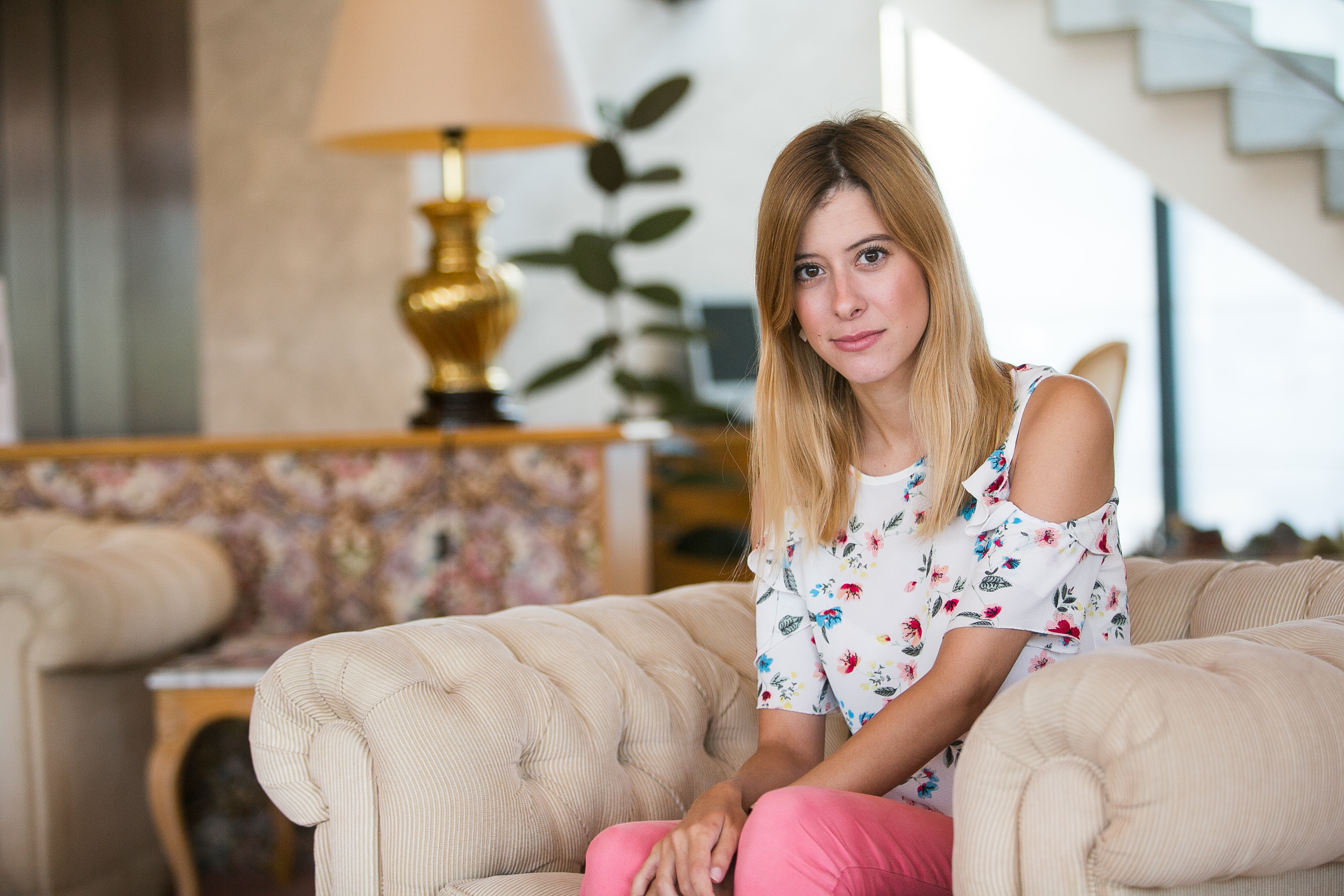Collective residencies / NEW JOURNALISM II / Olot
MARINA PALLÁS
From Tuesday, 18 September 2018 to Thursday, 20 September 2018
Bio
Graduate in Journalism (Universitat Rovira i Virgili) and postgraduate in Literary Journalism (Universitat Autònoma de Barcelona). She began collaborating with La Vanguardia and since then she writes in several newspaper such as Diari de Tarragona or setmanari L’Ebre. She is a co-author of the books Un segle de premsa tortosina 1845-1938 (Tortosa Mèdia), Ritmos para el paraíso y otros relatos de periodismo literario (Editorial Base) and Ebre, relats d’una batalla (Ebrejocs.cat). Also she presents a radio program of music and literature. She won Premi Enric Bayerri (2015), Premi de Periodisme Literari del Màster en Comunicació, Periodisme i Humanitats (2016) and premi de Periodisme Jove Joan Marc Salvat (2017).
Project
The project in which I will concentrate during my stay at the Faber Residency is in the writing of a novel story about the poet Amelia Góngora Parker, cousin of my grandmother and who established a relationship with Camilo José Cela, Ernest Hemingway and León Felipe. In addition, during the stay, with the winners of the Mecoph Prize (Ezequiel González, Andrés Nef, Ana M. Caballero, Lucía Maina and Amalia Torres) we will begin some communication pathway to generate a network of literary journalism with shared projects.
Inspiring
Maybe I got on the bus with the excitement of someone who is going on an important journey. Certainly, many hours were waiting for me to cross the whole country from south to north. It had been many years since I had set foot in the Garrotxa and the memory I had was that of a few happy days with my family and that of an outing with the institute. I found myself again in places of exuberant nature, with an intense greenness that was about to expire with the arrival of autumn and that I only knew the rice fields in July.
Faber’s team was pure kindness, and we were treated and welcomed in a very personalized way. In the rooms we could close during all hours of the world to dedicate ourselves to our research projects and then we could go out to rest on a splendid terrace surrounded by a privileged landscape that I already yearn for, from my south.
I sincerely appreciated the opportunity to chat and meet other journalists from all over the world. During dinners, after discussing news, media or new digital newspapers, we ended up talking about Tom Wolfe, Gay Talese or Kapuscinski. I, who always prefer to listen rather than talk, had the feeling that at each meal I learned many new things. It was also especially interesting to be able to offer a talk on literary journalism in a space as unique as Can Trincheria. Olot, how many spectacular corners you hide.
When I left Faber and went back to work the next day, one of my colleagues jokingly asked me what my “spiritual retreat” was like. Maybe I did have part of it. Or at least to “retire” for a few days from the press conferences and the hundreds of daily mails and be able to focus, on the one hand, on finishing a report that I had to deliver immediately and, on the other hand, on resuming an investigative work that may take months or years. Although my stay was shorter than that of many of my colleagues, in Faber I found the silence I needed, the solitude I lacked and the inspiration I was looking for. Almost nothing!

